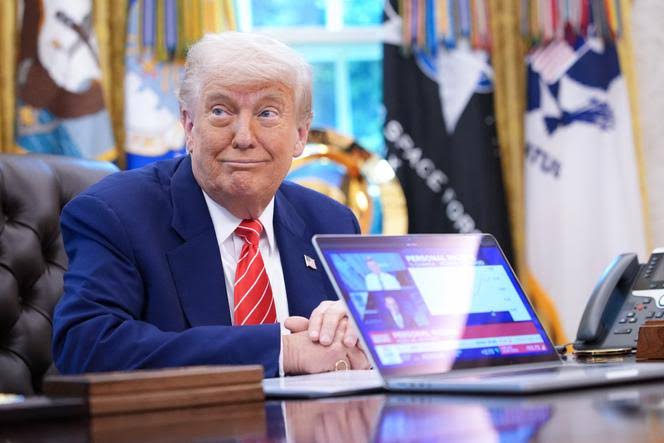On June 4, President Donald Trump signed a new executive order restricting immigration from 19 countries, primarily across Africa, Asia, Latin America, and the Caribbean. The policy is set to take effect on June 9, 2025, at 12:01 a.m. EDT.
According to the Trump campaign, the ban is aimed at preventing entry from countries that allegedly pose national security threats. Cited reasons include terrorism risks, inadequate identity verification systems, and frequent visa overstays.
This directive echoes Trump’s controversial travel bans during his first term, which were reversed by President Joe Biden in 2021. While earlier bans focused largely on Muslim-majority countries, the current list mainly consists of nations from the Global South.
Countries Facing a Full U.S. Entry Ban
Under the new policy, nationals from the following 12 countries will be completely barred from entering the United States unless they hold valid visas issued before June 9. Immigration of all types will also be suspended for these nations.
Africa:
- Chad
- Republic of the Congo
- Equatorial Guinea
- Eritrea
- Libya
- Somalia
- Sudan
Asia:
- Afghanistan
- Iran
- Myanmar
- Yemen
Latin America and the Caribbean:
- Haiti
Countries Facing Partial U.S. Entry Ban
Seven other countries are subject to a partial ban. Citizens from these nations will be prohibited from applying for temporary visas, including tourist, student, and cultural exchange visas (e.g., B1/B2, F1). Immigration is also paused under this category.
Africa:
- Burundi
- Sierra Leone
- Togo
Asia:
- Laos
- Turkmenistan
Latin America:
- Cuba
- Venezuela
Implications for the Global South
The ban has already sparked diplomatic backlash. Chad responded by suspending visa issuance for U.S. citizens, while the Republic of the Congo dismissed the move as a “misunderstanding” and rejected claims of terrorism links.
Critics argue that the ban unfairly targets developing nations and could strain U.S. relations with the Global South. It also threatens to derail opportunities for students, professionals, and participants in official exchange programs who had planned to travel legally to the U.S.
The Trump campaign defended the move by referencing a violent incident in Colorado involving an Egyptian national — though notably, Egypt is not included on the ban list. This has raised concerns about the criteria used to select the affected countries.
Analysts warn that the policy could have long-term impacts on education, business ties, and international diplomacy between the U.S. and the Global South.

